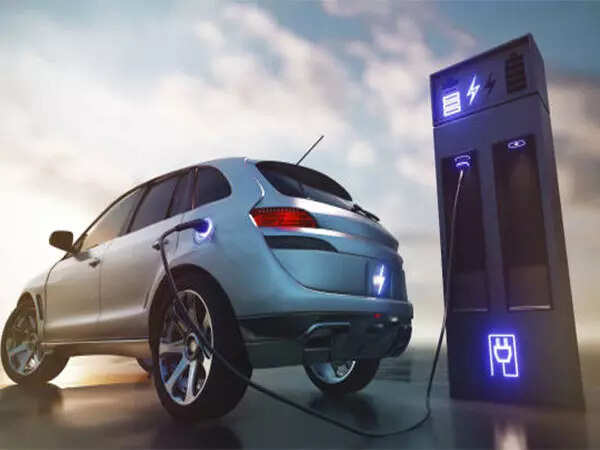[ad_1]

The Bureau of Indian Standards (BIS) introduced two new guidelines aimed at enhancing the safety of electric vehicles in the L, M, and N categories.
L refers to two-wheelers, while the M and N categories correspond to four-wheelers and goods trucks, respectively.
These new sets of rules, called IS 18590: 2024 and IS 18606: 2024, focus on the main parts of electric cars, buses, and trucks, especially the powertrain (which includes parts like the motor and transmission).
These standards are crucial in driving the transition to a more sustainable, environmentally friendly, and efficient transportation system in the country.
“These standards focus on the critical component of electric vehicles–the powertrain–ensuring it meets stringent safety requirements. Additionally, they emphasize the safety and performance of batteries, ensuring they are both powerful and secure,” the Ministry of Consumer Affairs, Food & Public Distribution said in an official statement.
With the introduction of these rules, the country now has 30 local standards dedicated to electric vehicles and their accessories, including charging systems.
As the popularity of electric vehicles extends beyond cars and trucks, BIS has introduced IS 18294: 2023, which establishes safety standards specifically for these vehicles. These rules make sure that e-rickshaws and E-Karts are built and function safely, protecting both the drivers and the passengers.
The Bureau of Indian Standards (BIS) is the National Standards Body of India under the Department of Consumer Affairs, Ministry of Consumer Affairs, Food & Public Distribution of the Government of India.
It performs the major role of formulation, recognition, and promotion of the Indian Standards. The body also helps industries to upgrade the quality of their products and services.
[ad_2]
Source link



